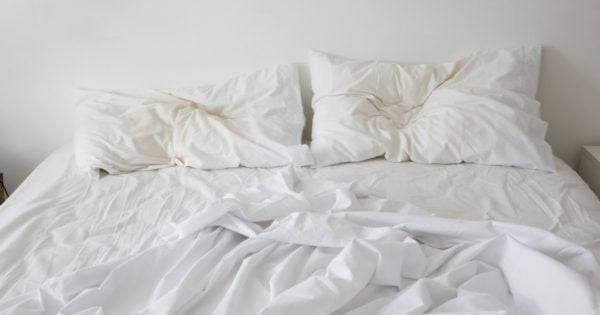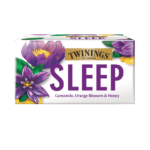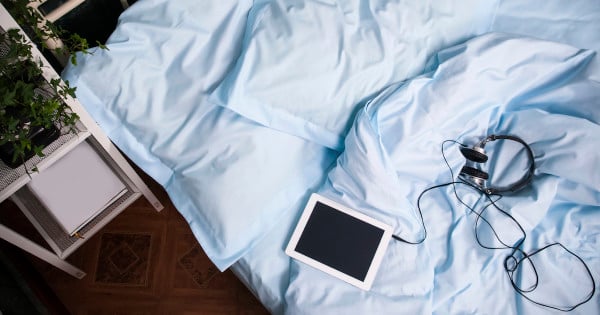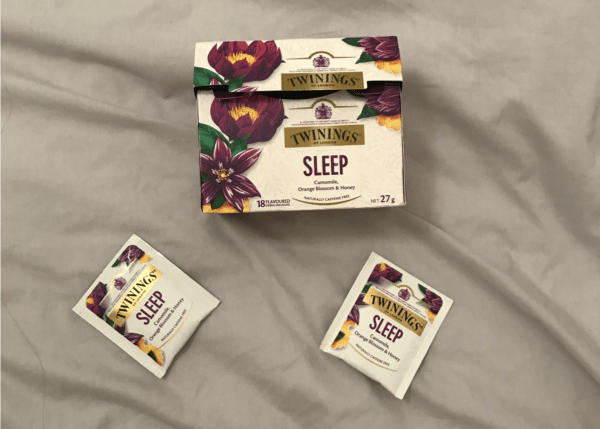

Hello? Helloo? Yes, I’m talking to you.
You over there, trying to subtly prop your eyelids open with your fingers, desperately willing the clock to fast forward to bedtime so you can finally put on your daggy pyjamas and fall into bed.
Whatever kept you up last night, whether it was your kids, noisy neighbours, endless emails or a Netflix series you just couldn’t stop watching, there’s just one thing on your mind: sleep.
That elusive, always-just-out-of-reach, never-there-when-you-need-it sleep.
It’s almost funny how blasé we can be towards something as important to, you know, survival as sleep.
We make a conscious effort to eat healthy, munching on kale, and make time in our schedule to exercise. So why aren’t we taking the same approach to sleep?




